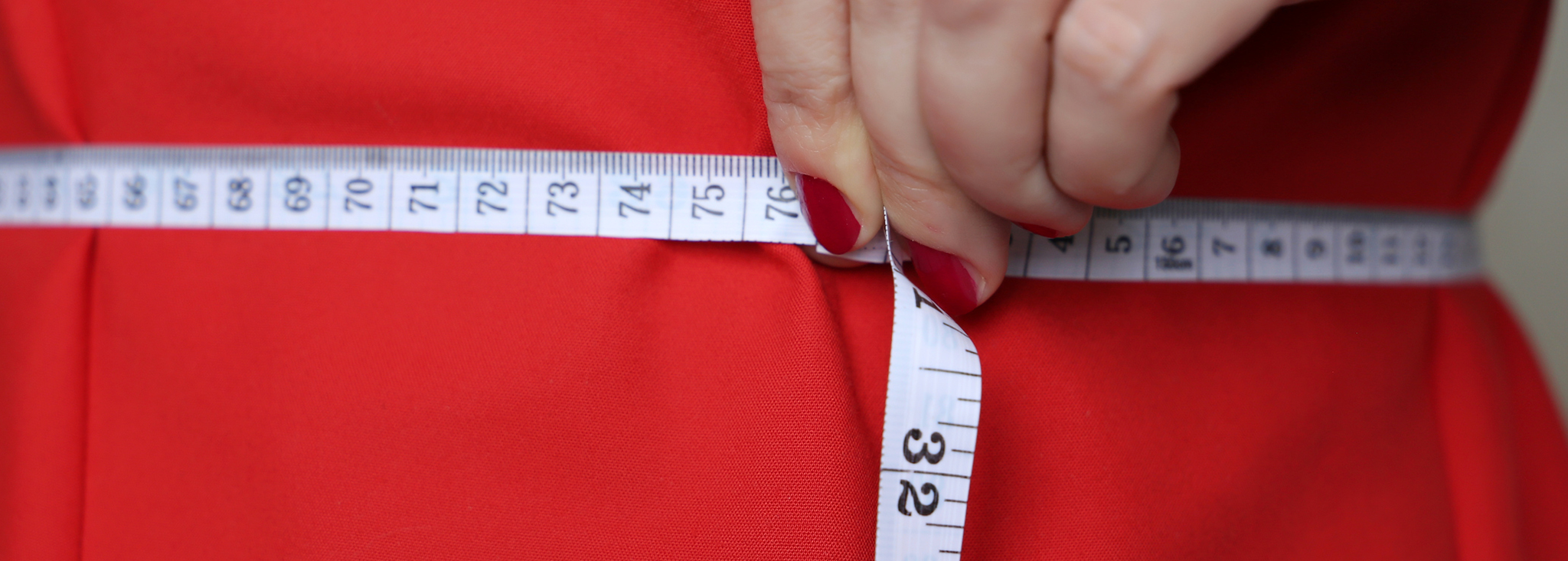Is My Body Weight Adequate?
We’re always told what our ideal body weight should be and typically, it’s based on one’s body mass index. Body mass index (BMI) , which is determined by calculating weight (kg)/height (m2), is used to classify a person as underweight, normal weight, overweight, or obese. Usually, when people are newly diagnosed with type 2 diabetes, they’re given information to help with weight management. However, BMI doesn’t always tell the whole story and weight management is more complex than just a number on the scale. We’re diving into the classifications of BMI and misconceptions people have about body weight.
|
Nutritional status |
BMI |
| Underweight | <18 |
| Normal | 18.5 – 24.9 |
| Overweight | 25 – 26.9 |
| Obesity | 27 – 29.9 |
| Obesity I | 30 – 34.9 |
| Obesity II | 35 – 39.9 |
| Obesity III | > 40 |
Customize your weight
However, there are some aspects to consider in this calculation. For example, in a person who is 1.98 meters (6.5 feet) high and weighs 110 kg (240 lb), the resulting Body Mass Index would be 28.06. If you take a look at the previous chart you could say that this person, based on this calculation wouldn’t be at a healthy weight. As a nutritionist, if someone gives me only this data and I haven’t seen this patient or analyzed any other lab work, then I would consider a diet plan for weight loss. But if my patient is, for example, Michael Jordan. Then my original plan wouldn’t make much sense. Long story short, the BMI isn’t the best indicator of health and other factors should be considered when addressing weight and someone’s overall health.
The BMI is a Guide, Not a Deciding Factor
Body Mass Index is valuable because it gives you an idea of how you are doing in terms of weight but it is not a deciding factor. The tables of ideal weight according to height, can guide you as well but they don’t take the right weight into account.
So, let’s return to the initial question, is my weight adequate? Well, the right weight is one that takes into account not only the height but also a healthy balance between fat mass and muscle mass, the level of visceral fat, which covers the organs and it is a very important factor in the development of diseases, the hydration status and above all your state of health.
Misconceptions about Body Weight
– Thin always means healthy. There are thin people who have excess fat mass and low muscle mass which puts them at risk and makes them vulnerable to chronic illnesses, too.
– An overweight person is at risk of degenerative diseases. This is not always true either. You would actually have to analyze many other health factors such as metabolic health, family history and susceptibility to a disease, one’s environment, blood pressure and the overall body composition of the person.
– A chubby child is always a healthy child. A greater amount of fat above the established according to gender, age and height puts a child at risk of developing different health conditions, including diabetes, metabolic syndrome and high blood pressure.
Visit a Specialist
To know if your body weight is adequate, it is recommended to visit a specialist. Nutrition specialists are the right ones for this. We have different tools that help us identify levels of fat, muscle, either with special scales or plyometrics in addition to many years of study to help you meet your dietary needs. This assessment will give you an idea of what is the condition of your body.
How You Feel Matters
In my practice, in addition to conducting a comprehensive review of all these variables, I ask my patients to also analyze how they feel about themselves. Our proper weight is one you feel comfortable with and doesn’t cause repetitive illnesses (flu, etc.). At that weight, you should be able to perform your daily activities without feeling overly fatigued, weak, experiencing an abnormal number of headaches, or discomfort. Learn to listen to your body—it can tell you a lot about your health.
Let’s Take Action
In any case, what you can’t measure, you can’t manage. At your next doctor’s visit, have your doctor analyze for your body composition. If you’re unsatisfied with it, use it as a motivation to make the necessary changes that you need in order to have a healthy body. No need to strive to be thin; you don’t need to be skinny to be fit, just at a size where you’re healthy and not at risk for developing or exacerbating chronic illnesses. Listen to your body, to observe your skin, your hair, how food and exercise make you feel physically and learn how to feel comfortable in your own skin.





